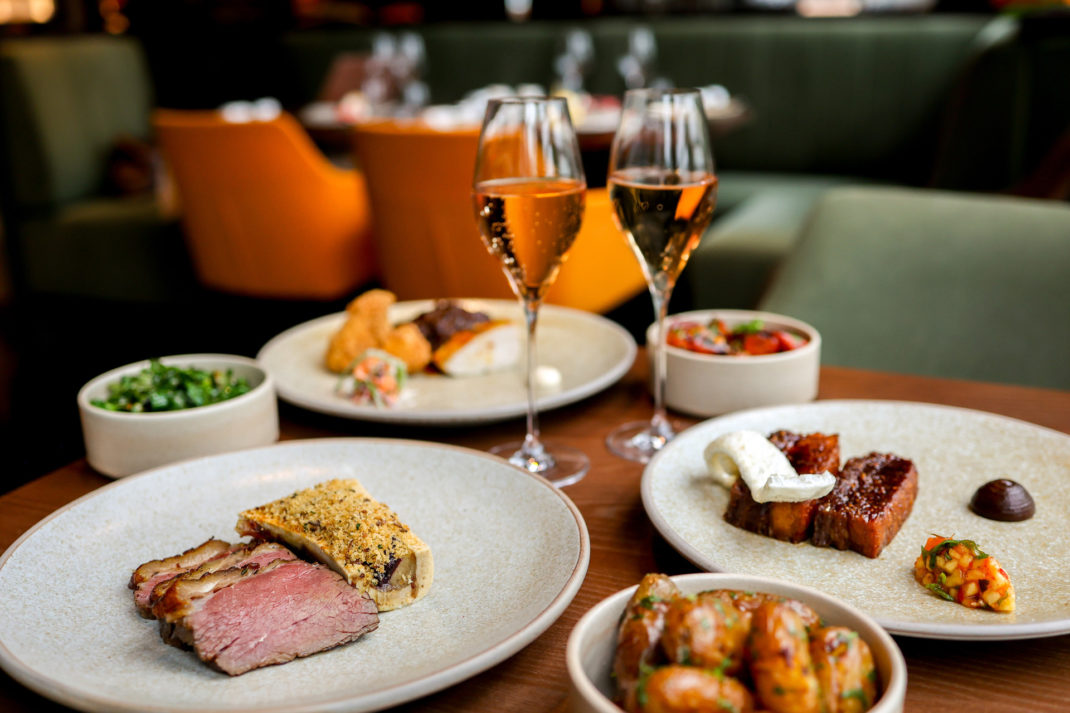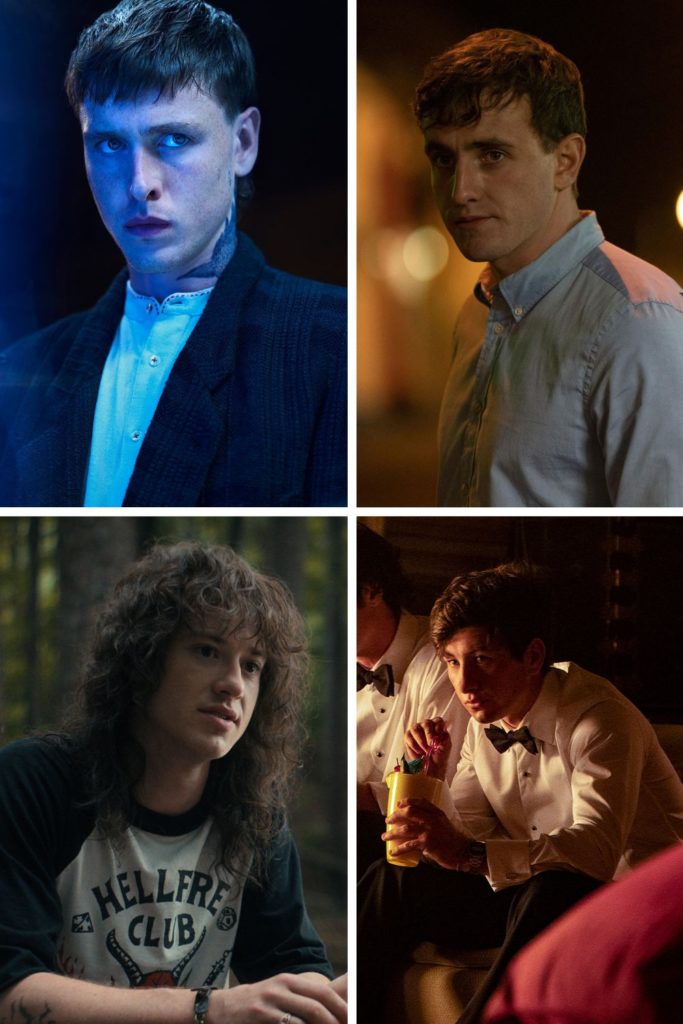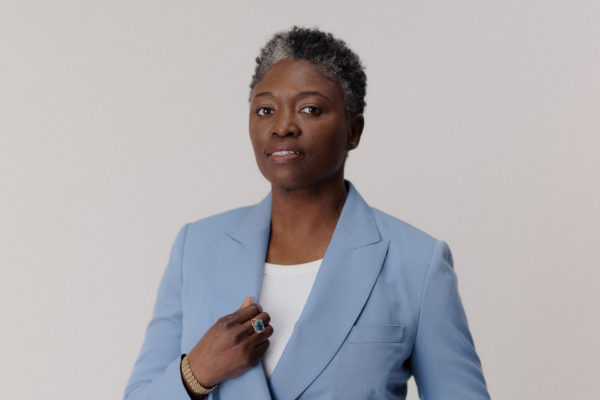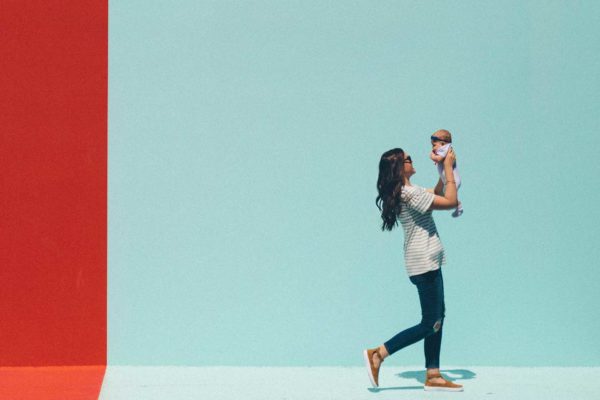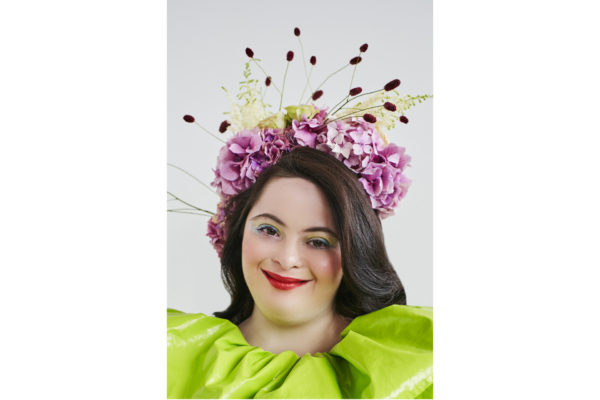Interview: Maureen Freely On Her New Novel, My Blue Peninsula
By
1 year ago
My Blue Peninsula is published by Linen Press
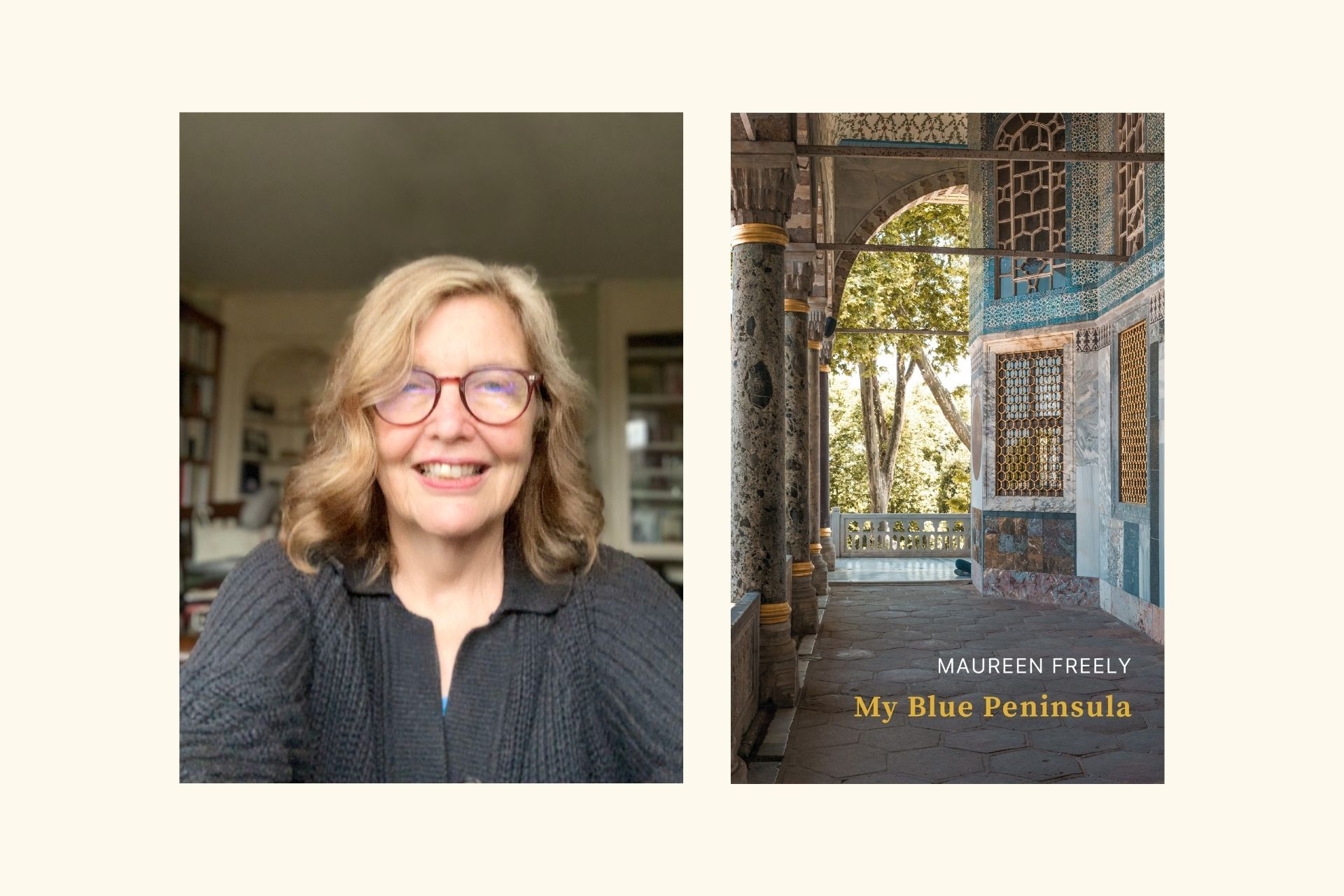
Acclaimed author Maureen Freely is back with a new novel – her first in a decade. My Blue Peninsula is told from the perspective of Dora, who conveys her storied family history in the form of an apology to her daughters, covering a century of trouble history amid the family and the nation itself, and exploring the obscured legacy of the Armenian genocides in Turkey. Here we chat to Maureen all about My Blue Peninsula, plus the journey to publication.
Interview: Maureen Freely
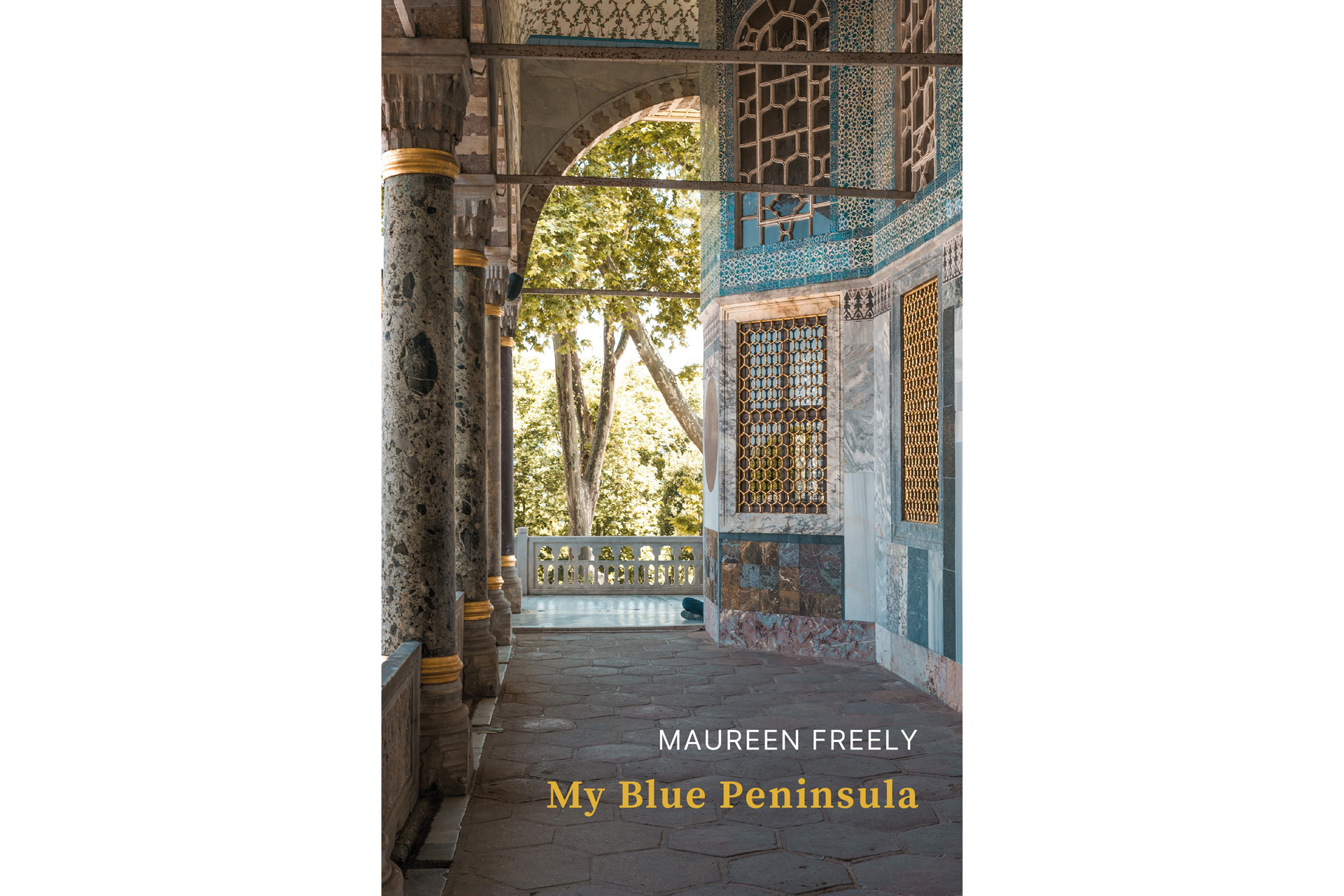
Hi Maureen, how’s life going at the moment?
Life is good at the moment, I’m happy to say! I’m at home in beautiful Bath with one of my daughters, who is also a writer. We spend our days working, with time off for solo walks in the hills. And then, in the evening, I cook us a lovely supper.
My Blue Peninsula is out now – can you give us an elevator pitch?
It’s about an old Istanbul family that derives its prestige from the patriotic ancestor who served next to Mustafa Kemal in Turkey’s War of Independence. His wildly bohemian descendants have been in the news ever since, often for less noble reasons. But no one ever speaks about how they came into their money – until Dora, the Pasha’s granddaughter, takes it upon herself to investigate her family’s past. Whereupon her world unravels.
What drew you to the story?
I grew up inside it! My father taught physics at an American university in Istanbul, and I myself attended the girl’s college that fed into it. Every person and family around us had tangled histories reaching back to the last years of the Ottoman Empire. But except for the occasional tantalising hint, they kept these stories to themselves. Only over time did I have enough dots to begin to connect them.
When did the idea first come to you? And how did it sprout from there?
In the early naughties, many of my friends and former classmates set out to open up discussion of the Armenian genocide and the subsequent expropriation of Armenian money and property inside Turkey. This despite the fact that the very use of the word genocide could lead to charges of treason. Many of those who spoke up anyway were persecuted and prosecuted. Orhan Pamuk, whom I was translating at the time, was one of them. After our most vocal and charismatic friend was assassinated, I decided it was time to do my bit by translating a few oral histories by and about Turks who’d found out, late in the day, that their grandmothers or great grandmothers were Armenians plucked from the 1915 death marches and forcibly converted to Islam. Only slowly did I come to understand that some of the most courageous people I was working with were descendants or beneficiaries of the perpetrators, or descendants of both the victims and the perpetrators. I began to ask myself why they weren’t telling their own stories. And soon I was using what I already knew to imagine what might have been.
How did you create Dora? Is she inspired by a real person?
Dora is one of those characters who create themselves. I was working on the last draft of another novel, Sailing through Byzantium, when she walked in and pretty much took charge. She didn’t fully explain herself, though. She said little about her origins. So I worked with what I already knew about her family and the building in which she lived to imagine my way back.
How do you create your stories: plot or character first?
It’s character, always character. But that character needs to have a quest, or at least a question. And there needs to be a reason why they are telling the story.
What is your writing process like? How do you get started, how do you plan, how do you know it’s a good idea?
I start and stop. Write and throw away. But I’ve learned to accept that even and especially what I throw away is a valuable part of my process. Or perhaps we should call it my education. Because each time I begin a new novel, I know next to nothing. Less than nothing. That’s what makes it fun! I’m investigating my own mystery. Along the way, I do plot outlines that are really more like bullet points and keep copious notes that I rarely revisit. I change names and titles and abandon drafts mid-flow to go back to the beginning with a new and better idea. Eventually, it all comes together.
What is your ideal work set up? Is it day or night? Is it loud or quiet? Private or public?
My ideal writing day begins as soon as I wake up. Maybe even before I am fully awake. I go downstairs, make myself tea, take myself into my study, settle into my wing chair, and open my laptop to look at what I wrote the day before. After playing around with it for a while, I begin to add to it, and never do I check my watch. But that’s my ideal writing-at-home day. I spent most of the real writing-at-home days of my life in the company of four children, two stepchildren, and husbands who wanted me to explain why there were no towels in the house that weren’t damp. So I learned how to use whatever time my family and the long commute to my university job allowed. Trains are great for jotting down plot outlines, for example. Some of my best ideas come to me while I am swimming, sitting in traffic, or standing over the cooker.
Do you have a writing playlist? If yes, what are your top writing songs?
My late husband had Radio 3 on all day every day, switching to Radio 4 for the evening news. After that it was jazz. I learned to shut it all out. Well, most of it. Every once in a while I would come out of my writing trance, feeling agitated, and trace it to a classical work that sounded like the soundtrack for a Western. Horses galloping over the Rockies! Rising from my chair, I’d ask, very nicely, if Himself could turn it down, and Himself always did, just as nicely. Now that I’m on my own, I write to silence. But when the day’s work is done, I still listen to the jazz he taught me to love.
Did you always want to be a writer?
Yes, I’m afraid so. I’m told that even when I was two, I would spend bath time turning my day into a story.
Which writers inspire you most?
Oh, but there are so many! When I was a child in Istanbul, without television to fill my free time, I loved the Puffin books my parents bought for me and the Penguin mysteries that they bought for themselves. If I live in England today, it is partly thanks to Dorothy Sayers and John Dickson Carr. As a uni student, I fell in love with Latin American literature. But as edgy as my new heroes were, they still delivered gripping, mind-boggling stories that changed the way I saw the world from the moment I set down their books. I continue to be most inspired by writers that take me into another world and in so doing change my own. I like to be surprised! But first I have to be intrigued.
What are your top five favourite books?
Hmmm. My top five is always changing. Today’s chart is Time Shelter, by Georgi Gospodinov, this year’s winner of the International Booker; Demon Copperhead by Barbara Kingsolver, which won the Women’s Prize; Small Things Like These by Claire Keegan, which almost won the Booker last year; The Eighth Life by Nino Haratischvili, which won the Warwick Prize for Women in Translation some years back; and Pearl by Sian Hughes, which is longlisted for this year’s Booker. I don’t always let prizes guide my reading. But they have certainly led me to many wonderful books I might otherwise have missed.
What about your favourite films?
Every film ever made by Pedro Almodovar. Unless it was made by the Turkish filmmaker Nuri Bilge Ceylan.
How does it feel for My Blue Peninsula to finally be out?
It feels almost unreal! It had a long gestation, partly because I was Head of Department while I was working on it, and that left me with precious little time. But here it is, the book in my hand, and the best reason ever to be cheerful.
What was the editing process like?
It was a dream. Lynn Michell, my lovely editor, can always and immediately pinpoint the chapters and paragraphs that drag or obfuscate, and she has a very gentle way of suggesting ways forward. We are rowing the same boat, enjoying the same journey.
Will you have/have you had a launch party?
Yes, we are, and I can’t wait. It’s at Stanford Books, which has a particular significance for me, as The Complete Guide to Greece, the first book I ever wrote (well, co-wrote, with my father) was published by George Phillip and Sons, which had its offices over Stanford Maps on Long Acre.
How do you balance writing with the rest of your life? Are you strict and scheduled in treating writing like a 9-5?
Forty years ago, I started recording everything I had to do in a day or a week in one small notebook. I needed to convince myself that I was not a mother some days and a teacher or a journalist or a novelist on others, but just one person with a complicated life. What I learned from these notebooks was that the plans I made to balance out all these elements never worked perfectly, or even imperfectly. But life did definitely improve if I revisited those plans every Sunday, and adjusted them, week on week. I also got into the habit of looking at the big picture twice a year – in the dead zone between Christmas and New Year, and in August, ideally on a beach – to think about what I most wanted to do next. But some years, when there was no time at all for the writing I most wanted to do, I made daily appointments with my novel-in-progress. Even if it was only for a minute, it somehow managed to keep the book at the front of my mind.
Any tips for budding writers?
If you’re struggling, it’s not because something is wrong with you. It’s because you are still finding your way. All the more reason, then, to surround yourself with like-minded friends. We writers are solitary creatures, but we do best when we are in touch with others who understand how we tick. Many of today’s emerging writers find their communities on writing courses, but you can just as easily make your own.
My Blue Peninsula by Maureen Freely is published by Linen Press (£12.99).


